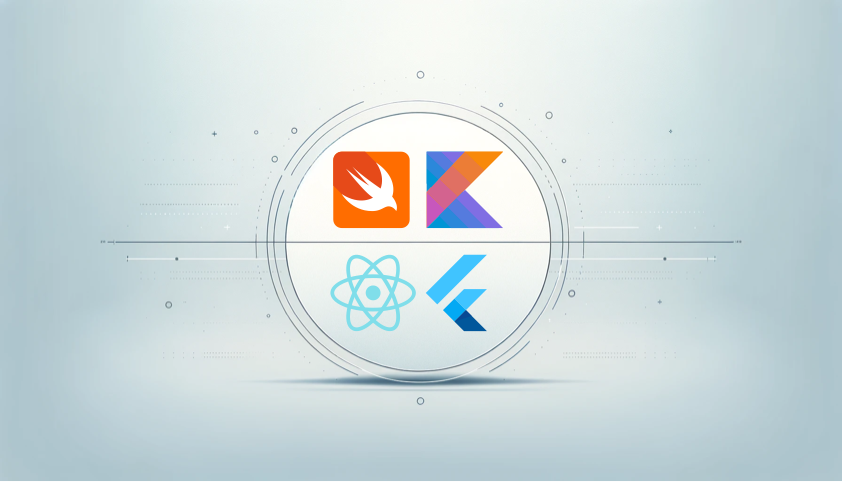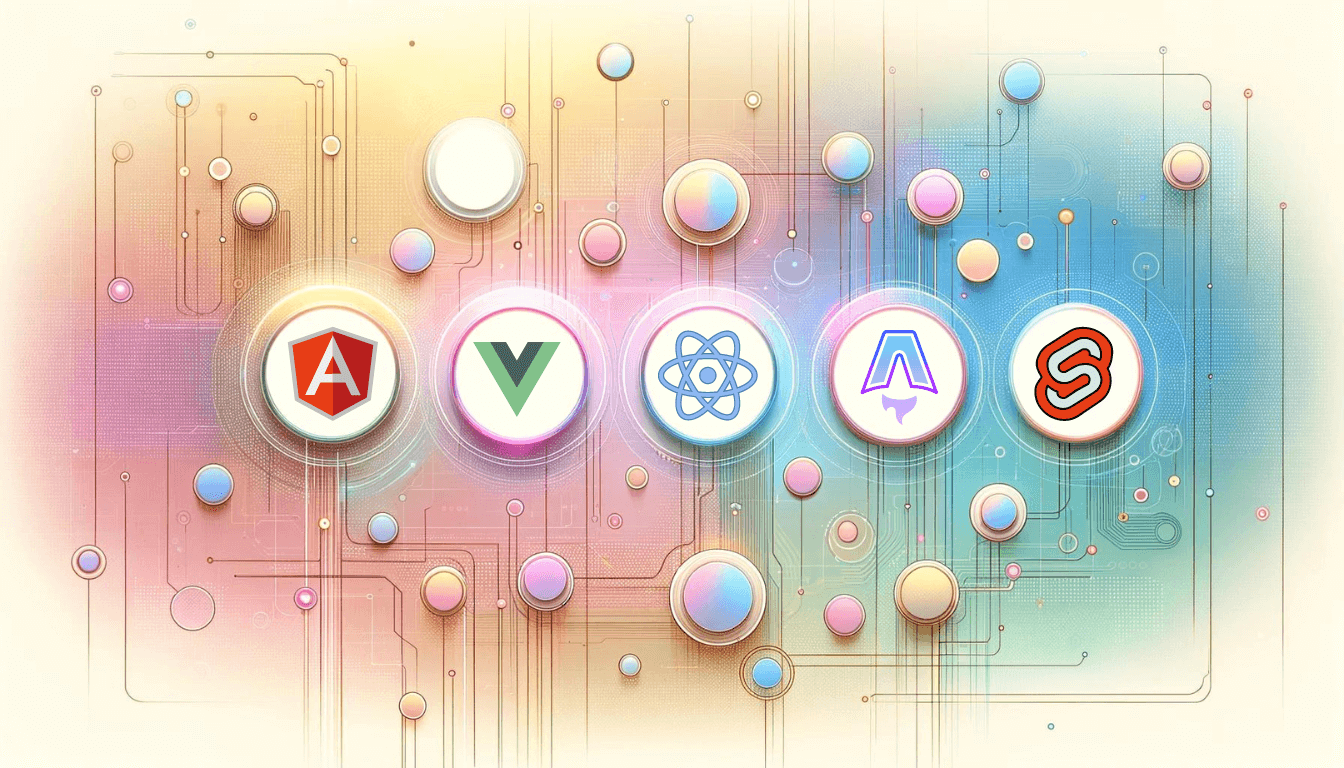· news · 2 min read
Mobile Development: Kotlin and Swift Outperform Hybrid
Explore why native mobile development with Kotlin and Swift delivers superior performance compared to hybrid frameworks like React Native and Flutter, backed by benchmark results.

In the dynamic landscape of mobile app development, the choice between native solutions and hybrid frameworks has always been a topic of debate. Recent benchmark results showcase the compelling performance advantages of native development using Kotlin and Swift over popular hybrid solutions like React Native and Flutter.
Performance Benchmark Results
iOS Platform (Borwein Algorithm)
- React Native: 582.1 ms
- Flutter: 179.5 ms
- Swift: 35 ms
Android Platform (Gauss-Legendre Algorithm)
- React Native: 3289.3 ms
- Flutter: 272.5 ms
- Kotlin: 223 ms
The benchmark results 1 highlight significant performance discrepancies across both iOS and Android platforms. Notably, Swift demonstrates remarkable efficiency on iOS, outperforming React Native and Flutter by a substantial margin. Similarly, Kotlin excels on Android, showcasing faster execution times compared to React Native and Flutter.
Advantages of Native Development
Performance
Native languages like Kotlin and Swift are tailored specifically for iOS and Android platforms, leveraging platform-specific APIs and optimizations. This native approach results in faster and more efficient app performance, crucial for resource-intensive applications.
User Experience
Native apps offer a seamless and responsive user experience, closely integrating with device features and providing a consistent look and feel native to each platform. This level of integration and polish is challenging to replicate with hybrid frameworks.
Access to Platform Features
Developing natively allows direct access to platform-specific features and APIs, enabling developers to leverage the full potential of iOS and Android capabilities. This direct access enhances app functionality and opens doors to innovative features.
Development Flexibility
Native development provides flexibility in terms of tooling, libraries, and debugging capabilities. Developers can utilize platform-specific IDEs and tools, optimizing their workflow and enhancing the development experience.
Conclusion
The performance benchmark results underscore the advantages of native mobile development using Kotlin for Android and Swift for iOS. While hybrid frameworks like React Native and Flutter offer cross-platform compatibility and code reusability, they may not match the performance and user experience delivered by native solutions.
For developers prioritizing app performance, platform integration, and user experience, embracing native development with Kotlin and Swift remains the preferred choice. The unique strengths of native languages empower developers to create high-performing, polished mobile apps that resonate with users and leverage the full potential of iOS and Android platforms.
Footnotes
Native vs React-Native vs Flutter: Quality Assessment by HamidReza Alizadeh, accessible at https://hamidrdeveloper.medium.com/native-vs-react-native-vs-flutter-quality-assessment-9dfb98a07c2f. ↩


